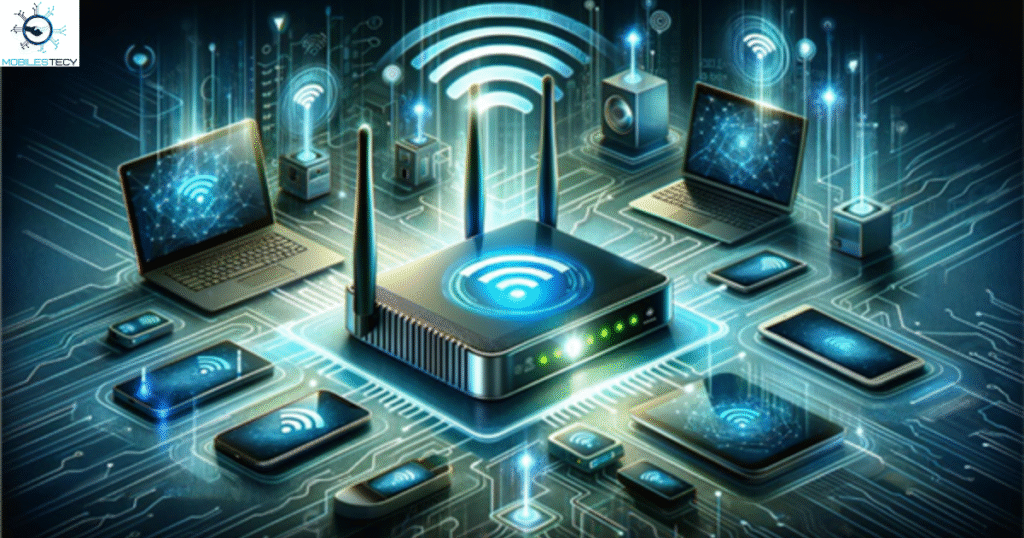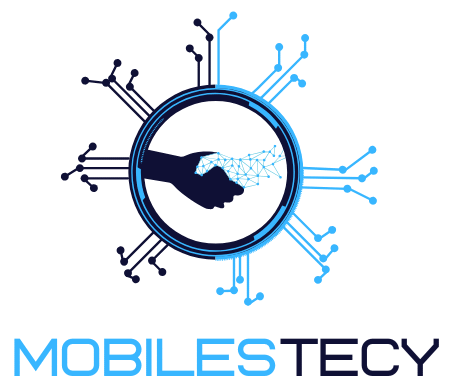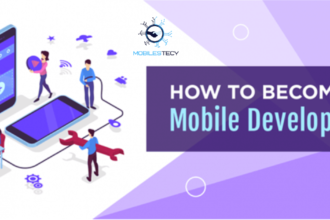The University of Connecticut provides essential mobile connectivity for students and staff. With constant use of smartphones, stable signals are vital for daily communication. Reliable coverage across campus ensures access to learning, research, and campus services. Students rely on mobile data and Wi-Fi to stay digitally connected everywhere. UConn prioritizes network infrastructure, supporting the growing need for mobile technology access.
Mobile phones are critical tools for navigating classes, schedules, and campus life. A weak signal can disrupt communication, safety alerts, or academic collaboration anytime. Cellular service providers like Verizon and AT&T cover most of UConn well. Wi-Fi networks like UCONN-SECURE and eduroam help fill coverage gaps indoors. Consistent connection enhances student productivity and boosts overall campus technology satisfaction.
UConn has invested heavily in expanding both Wi-Fi and mobile network coverage. Strategically placed antennas and routers provide stable signals across lecture halls. The IT department manages secure access while monitoring network usage patterns daily. Students can report mobile issues, and support services respond promptly and professionally. These efforts reflect UConn’s commitment to a modern, digitally connected learning environment.
Mobile Coverage Across UConn Campuses

Students across all UConn campuses rely on consistent cellular signal strength. Reliable mobile networks improve communication during lectures, study sessions, and emergencies. Major carriers like Verizon, AT&T, and T-Mobile perform reasonably well. Signal strength varies slightly between buildings, dormitories, and outdoor campus areas. Overall, students report satisfactory coverage throughout academic and residential zones.
Dead zones still exist in basements, stairwells, and remote corners. Some older campus buildings interfere with signal due to thick concrete walls. Many students switch to Wi-Fi calling when service temporarily drops inside. The Campus encourages mobile providers to expand coverage via booster installations. Efforts are ongoing to eliminate signal gaps and strengthen tower placement.
Coverage at regional campuses, like Stamford and Avery Point, shows similar trends. Urban campuses enjoy stronger network reliability due to surrounding infrastructure. Even rural campus locations benefit from expanding tower networks and upgrades. University IT services continuously gather data to assess coverage performance. Their goal is uninterrupted mobile access across every classroom and facility.
- The Campus offers strong mobile coverage through major national service providers.
- Wi-Fi networks like UCONN-SECURE and eduroam support encrypted access campus-wide.
- Most academic buildings and residence halls receive reliable mobile signal strength.
Student Experience with Campus Mobile Connectivity
The majority of students express strong satisfaction with mobile connectivity throughout UConn’s campus. Consistent access to messaging, email, and social platforms enhances both convenience and communication in daily student life. Mobile-optimized classrooms, study spaces, and libraries further promote academic productivity and interactive collaboration.
Despite the overall reliability, occasional connectivity challenges still arise. Signal disruptions tend to occur in dormitory basements or highly populated lecture halls. When network demand spikes, brief slowdowns or drops are common as multiple users share a single access point.
Wi-Fi Networks and Campus Connectivity Solutions

The Campus operates multiple Wi-Fi networks tailored for students, staff, and guests. The most common networks include UCONN-SECURE, eduroam, and UCONN-GUEST access points. UCONN-SECURE offers encrypted service and automatic connection for approved student devices. Eduroam allows roaming access for researchers visiting from partner universities worldwide. Guest networks provide temporary access for parents, visitors, or conference attendees.
Wi-Fi coverage is strong across libraries, lecture halls, dormitories, and dining areas. Access points are strategically installed to support high-density device environments. Heavy usage during exam periods prompts bandwidth monitoring and speed optimization. Campus IT teams address outages swiftly and improve dead spot performance. Students may request support for connection issues through the UITS Help Desk.
BYOD (Bring Your Own Device) policies are widely supported across UConn’s system. Laptops, tablets, phones, and smartwatches connect easily with secure credentials. The Campus encourages regular software updates to maintain strong cybersecurity defenses. Antivirus tools and VPN access are provided to all enrolled students. Wi-Fi remains central to academic success and student digital engagement daily.
Role of Mobile Technology in Learning and Innovation
Mobile apps are widely used for studying, scheduling, and submitting assignments online. Students download Blackboard, Microsoft Teams, and HuskyCT to stay organized daily. Smartphones become study aids, research tools, and communication devices all in one. Professors use apps to share notes, feedback, and lecture recordings efficiently.
Augmented reality and mobile VR tools are gaining popularity in STEM fields. Engineering and medical students benefit from interactive simulations on tablets and phones. Digital fieldwork apps allow real-time data collection across multiple campus locations. Mobile innovation at UConn continues evolving through partnerships and student research.
Mobile Device Support and University IT Services

UConn’s Information Technology Services offers full support for mobile device usage. Help Desk locations and online portals guide students through setup procedures. Whether it’s network access, password recovery, or device configuration—they assist quickly. Step-by-step guides are available for Android, iOS, Windows, and macOS devices. Support staff stay updated on emerging mobile trends and student tech needs.
Device support also includes mobile printing, secure file sharing, and backups. Campus printers are accessible via smartphones using cloud-based print portals. Files can be stored safely through OneDrive or Google Drive integrations. Workstations in computer labs offer syncing tools for file retrieval convenience. Mobile devices now handle tasks once restricted to desktops and laptops.
The university also implements mobile safety features like emergency alert systems. The “UConn Alert” app provides notifications for threats, weather, or closures. Students receive texts and emails to stay informed in real-time emergencies. Mobile readiness plays a critical role in campus-wide disaster preparedness planning. It’s not just convenience—mobile tech also improves overall student safety.
- UConn Alert provides mobile emergency notifications for weather, safety, and closures.
- Mobile printing stations allow wireless document submission from phones and tablets.
- Classroom apps like HuskyCT, Teams, and Google Drive enhance mobile learning.
Security and Privacy for Mobile Users at The Campus
The Campus prioritizes cybersecurity to protect student data across all connected devices. Students must log in using two-factor authentication for critical service access. Wi-Fi networks use encryption to guard against unauthorized activity or surveillance. Antivirus software and firewalls are recommended for added device protection.
Instructors educate students on mobile privacy, digital ethics, and data security. Workshops cover safe app usage, phishing awareness, and account protection basics. Sensitive data should never be shared over unsecured public Wi-Fi connections. The Campus commitment to digital safety extends across academic and residential networks.
- Help Desk services support mobile configuration, password issues, and Wi-Fi access.
- Mobile data is used as a backup during Wi-Fi outages.
- Campus IT continually monitors network performance to improve speed and stability.
- VPN access is available for secure browsing off-campus and during travel.
- Cybersecurity workshops teach students how to protect mobile devices from threats.
Faq’s
What mobile networks offer the best coverage at UConn campuses?
Verizon, AT&T, and T-Mobile all offer strong, stable network coverage. Students report reliable service in dorms, libraries, and lecture halls.
How do I connect to the campus Wi-Fi networks securely?
Use UCONN-SECURE or eduroam and log in using NetID credentials. Avoid public networks unless you’re a guest without a student account.
Can I print directly from my smartphone or tablet on campus?
Yes, mobile printing is available through HuskyPrint cloud-based access systems. Submit files online and pick them up from any print station.
What should I do if I lose Wi-Fi connectivity on campus?
Switch to mobile data or report the issue to UITS Help Desk. They provide quick solutions and monitor network activity for performance fixes.
Is there tech support for mobile devices provided by UConn IT?
Yes, the IT Help Center assists with setup, issues, and configuration. They support Android, iOS, laptops, and mobile security concerns.
Conclusion
Mobile connectivity plays a vital role in student success at UConn campuses. Strong network coverage enables efficient communication, collaboration, and access to resources. Wi-Fi and cellular services help students stay connected in every building. The university’s infrastructure continues improving to meet growing digital demands daily. Reliable access to technology supports both academic excellence and campus engagement.
The Campus IT services offer essential support for mobile device usage campus-wide. From Wi-Fi setup to cybersecurity training, students receive quality technical assistance. Support teams respond quickly to issues with mobile apps or network disruptions. Security measures protect student data and ensure safe digital learning environments. These services build a foundation for responsible and secure mobile use.
As mobile technology advances, UConn adapts its infrastructure to meet demand. Students can expect smarter tools, faster Wi-Fi, and expanded mobile services. Innovation in digital learning will rely more on flexible mobile platforms. The Campus remains committed to delivering seamless connectivity and advanced tech solutions. The future of education is mobile—and UConn is already leading forward.
Read more latest Articles on Mobilestecy.com








